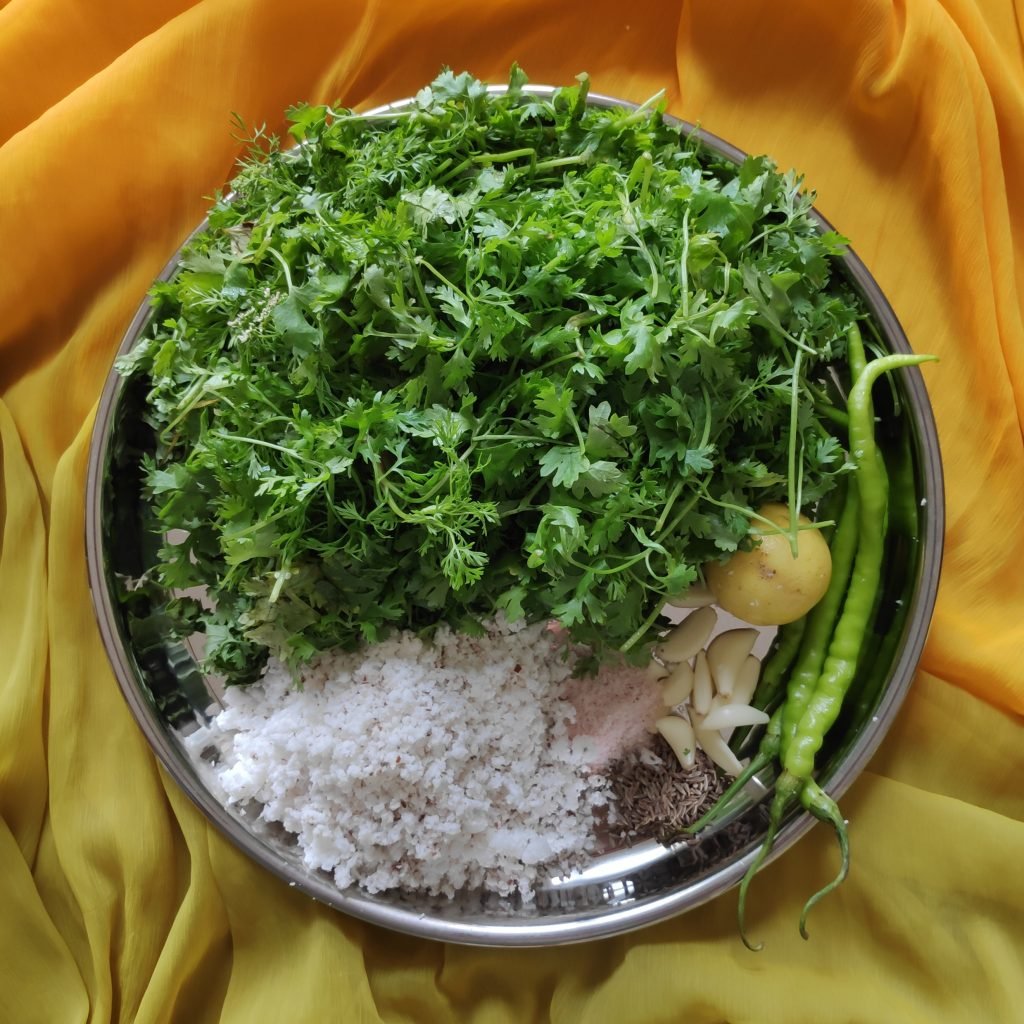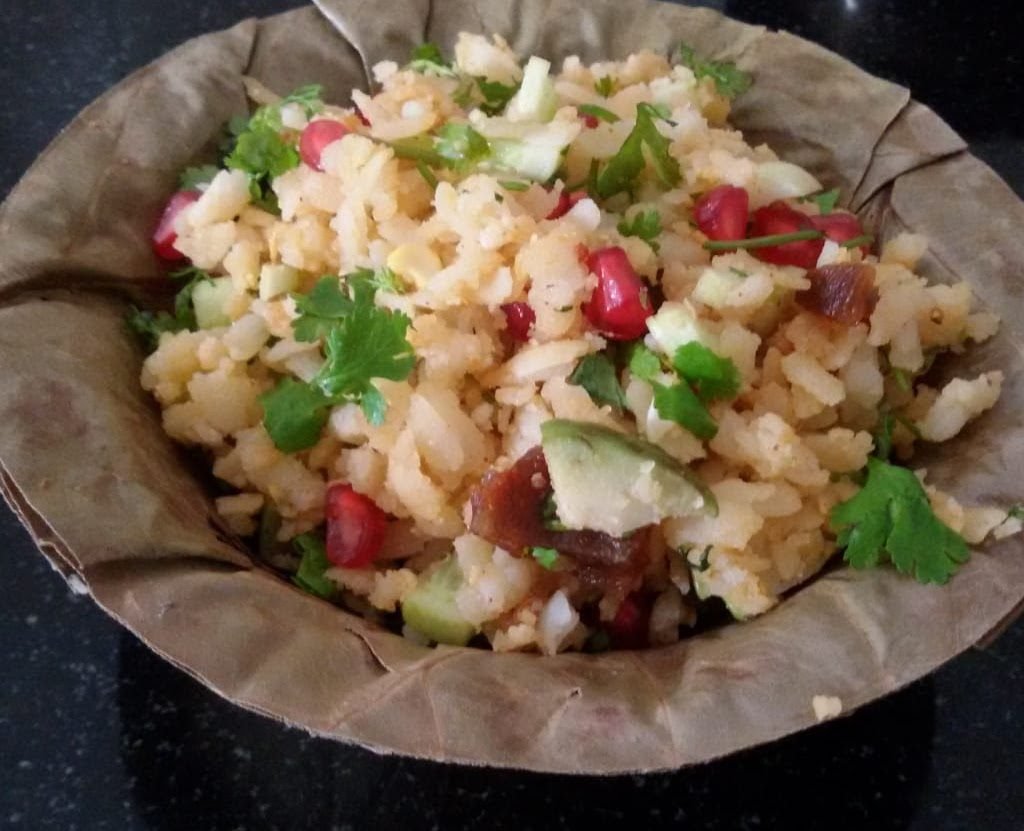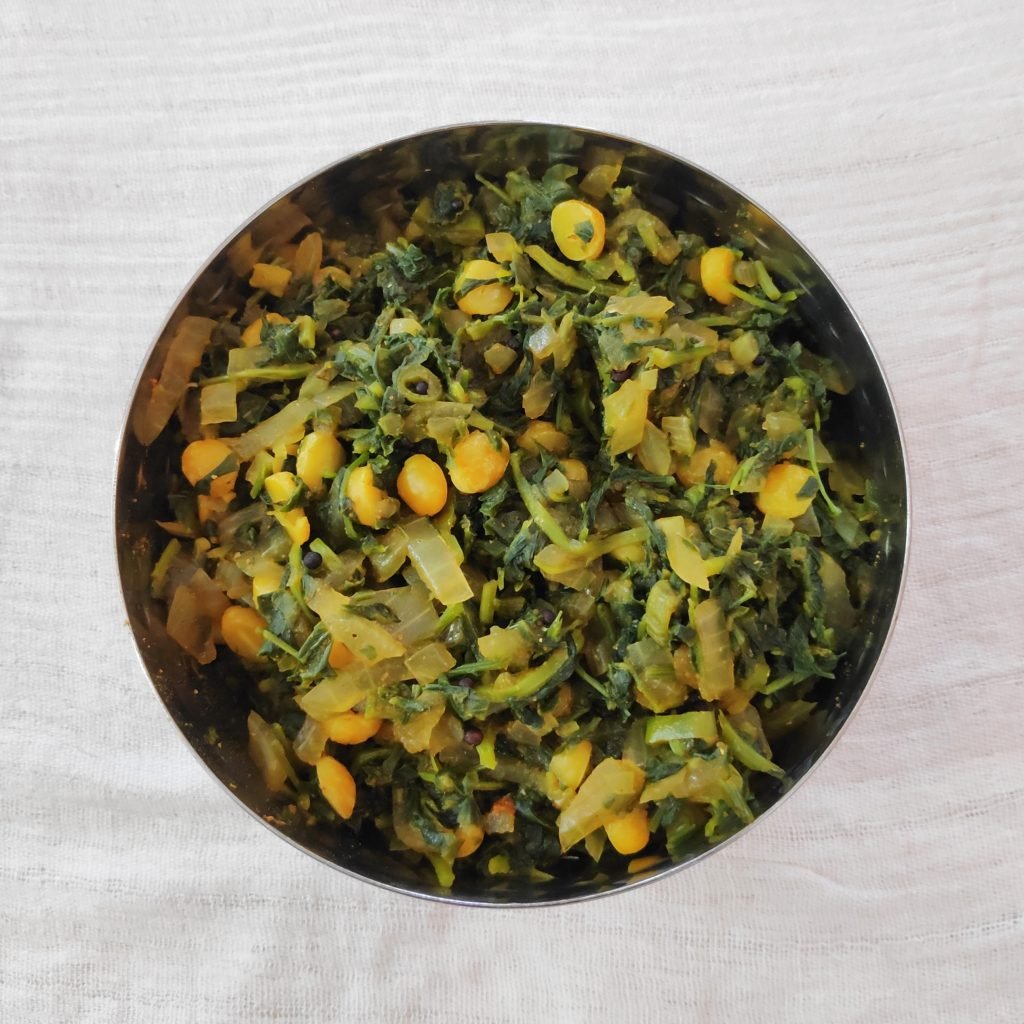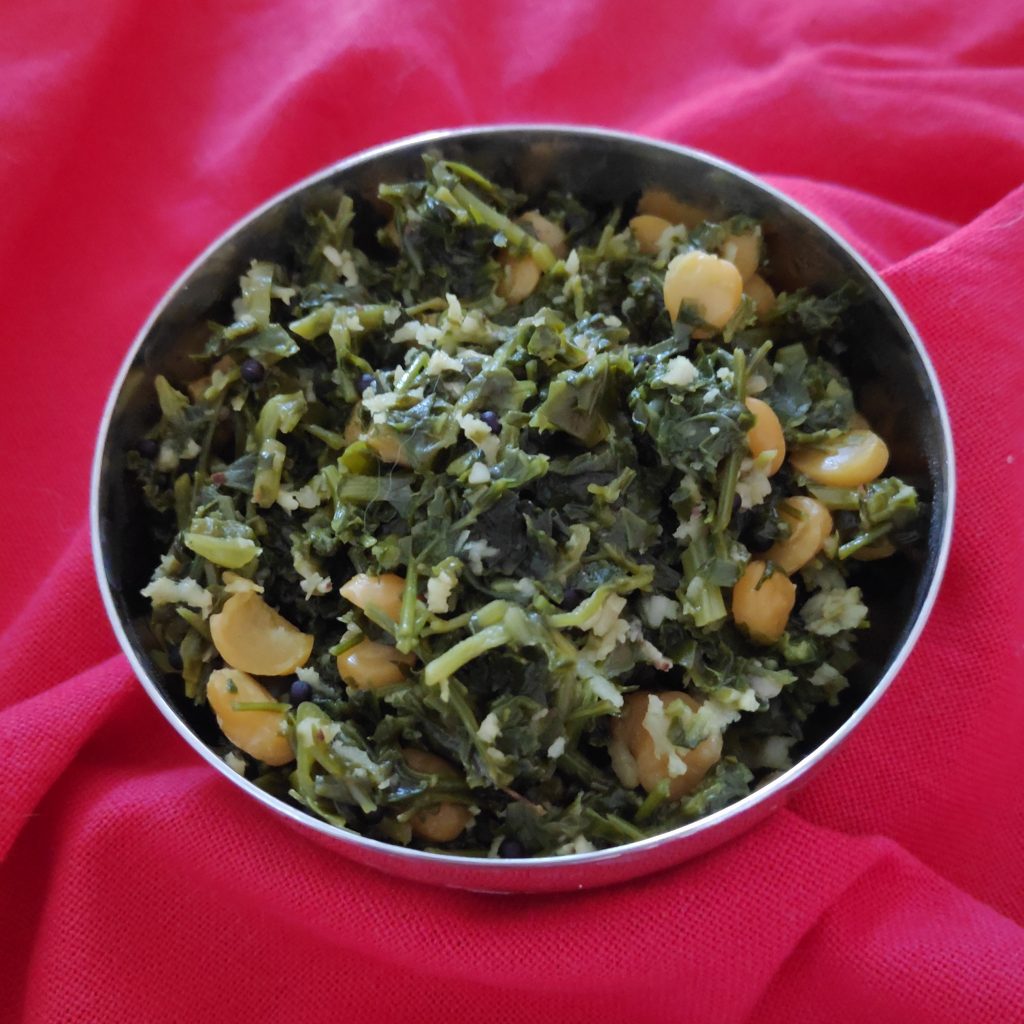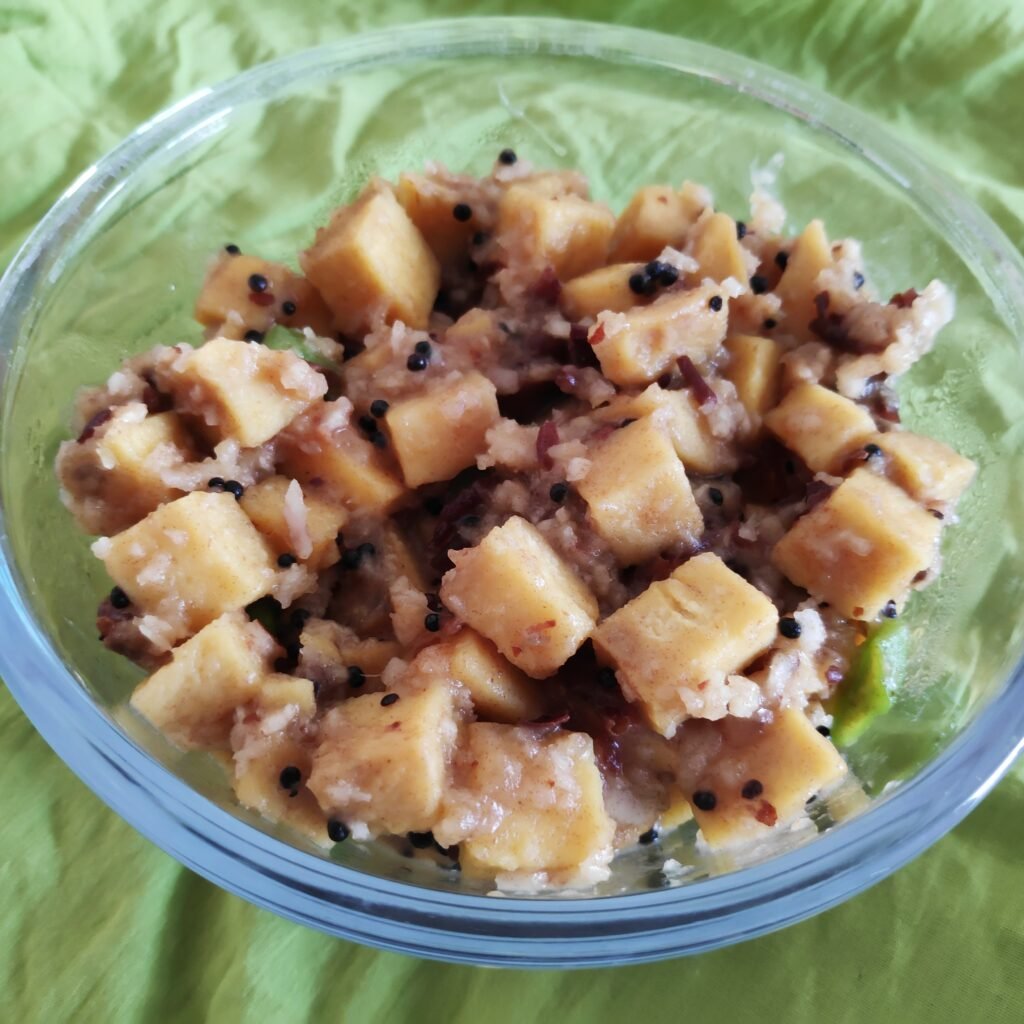A lot of Indians cook a pulse and a vegetable together making the dish more nutritious, delicious, and filling. Channa dal is great to combine with dill leaves, fenugreek leaves, cabbage, capsicum, and bottle gourd, snake gourd, ridge gourd, etc. either in a dry vegetable or curry form. Dill leaves are rich in a variety of nutrients including Vitamin A, C, D, riboflavin, manganese, folate, iron, copper, potassium, magnesium, zinc and dietary fibres. These nutrients and antioxidants, not only protect the cells against free radical damage but also promote healthy vision, augment skin, boost immune functions, treat digestive anomalies, remedy sleep problems, fortify bone health, relieve respiratory infections, regulate hormonal balance, and enhance reproductive health.
